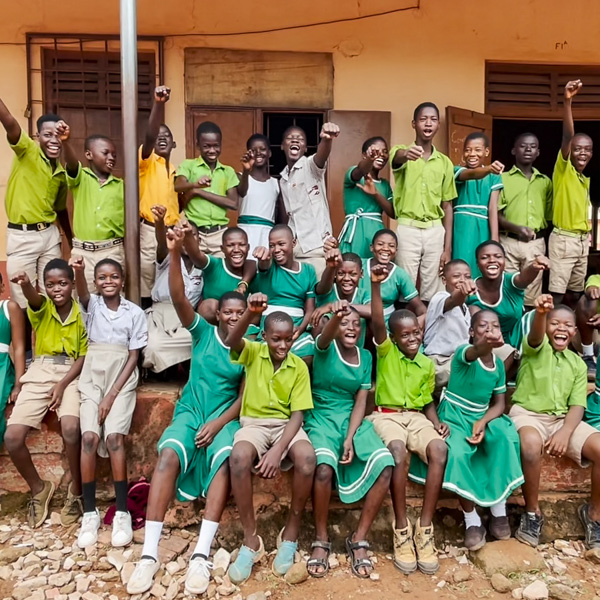Unmasking Exploitation: The Harrowing Reality of Webcam Studios and the Growing Threat in Ghana
According to a new report by Human Rights Watch, webcam studios in Colombia have inflicted severe abuses on models and contributed to the production of child sexual abuse material. The report has exposed horrific abuses in Colombia’s webcam industry, where vulnerable individuals, including minors, face coercion, exploitation, and severe physical harm. This exploitation thrives in local studios but also uses global platforms to reach international audiences, raising concerns about similar dangers in other regions, including Ghana.
The Growing Digital Threat in Ghana
As internet penetration rises across Ghana, the potential for online child exploitation increases. While digital connectivity offers many benefits, it also exposes children to online predators.
A UNICEF study revealed that two out of ten children in Ghana aged 9-17 have received inappropriate sexual messages online. Similarly, ECPAT International has identified alarming trends in child trafficking, webcam exploitation, and the distribution of child sexual abuse material (CSAM). To combat this, the Internet Watch Foundation launched a reporting portal in Ghana, emphasizing the urgent need to address this growing threat.
Webcams and Sextortion: Tools of Exploitation
Colombia’s webcam industry demonstrates how traffickers manipulate digital platforms. In many cases, studio managers bypass age-verification processes, recycling adult accounts to exploit underage performers. This creates CSAM and exposes victims to severe psychological trauma.
In Ghana, similar risks loom. Rising digital access could enable sextortion—where predators threaten to release explicit images unless victims provide further sexual content. With limited awareness about digital safety, Ghanaian children are particularly vulnerable to these schemes.

A laptop user browsing an explicit webcam platform
Insights from ECPAT’s Research
ECPAT’s 2021 report on Ghana highlights factors that contribute to children’s vulnerability to exploitation, both online and offline:
- Child Trafficking: Ghana is a source, transit, and destination country for child trafficking – backed up by the findings of the US State Department’s Trafficking in Persons Report 2024. Internal migration from rural to urban areas often leaves children unprotected and at risk of exploitation.
- Child Marriage: With one in four girls marrying before age 18, Ghana has one of the highest rates of child marriage globally. This cultural norm correlates with increased exposure to sexual exploitation.
- Sex Tourism: Ghana’s growing tourism industry has inadvertently attracted offenders seeking to exploit weak reporting mechanisms and enforcement.
These systemic issues make Ghana a hotspot for exploitation unless decisive action is taken.
Prevention and Education: The Path Forward
To combat these challenges, proactive strategies are essential:
- Awareness Campaigns: Programs like the Internet Watch Foundation’s reporting portal must be further localised and promoted to empower children, parents, and educators to recognize and report online exploitation.
- Legislative Enforcement: Ghana must continue to strengthen existing anti-exploitation laws and improve their enforcement to address digital risks. This includes rooting out corruption and better training of enforcement agencies and effective prosecutions.
- Community-Based Education: Initiatives like the Hope Education Project (HEP) teach children to identify trafficking risks through participatory theatre and digital safety modules. By fostering resilience and self-advocacy, these programs are vital for building a safer future.
A Global Call for Accountability
The Colombian experience of webcam exploitation identified by HWF could easily be experienced in Ghana. Post-election instability, climate change, inflation and the poor economic outlook are all push factors for vulnerable communities. Governments, NGOs, and tech companies must collaborate to create safer online spaces, hold offenders accountable and secure meaningful custodial sentences.
The Hope Education Project is committed to educating communities, empowering children, and advocating for systemic change to prevent online child exploitation in Ghana. Join us in protecting vulnerable children and shaping a safer digital future.



